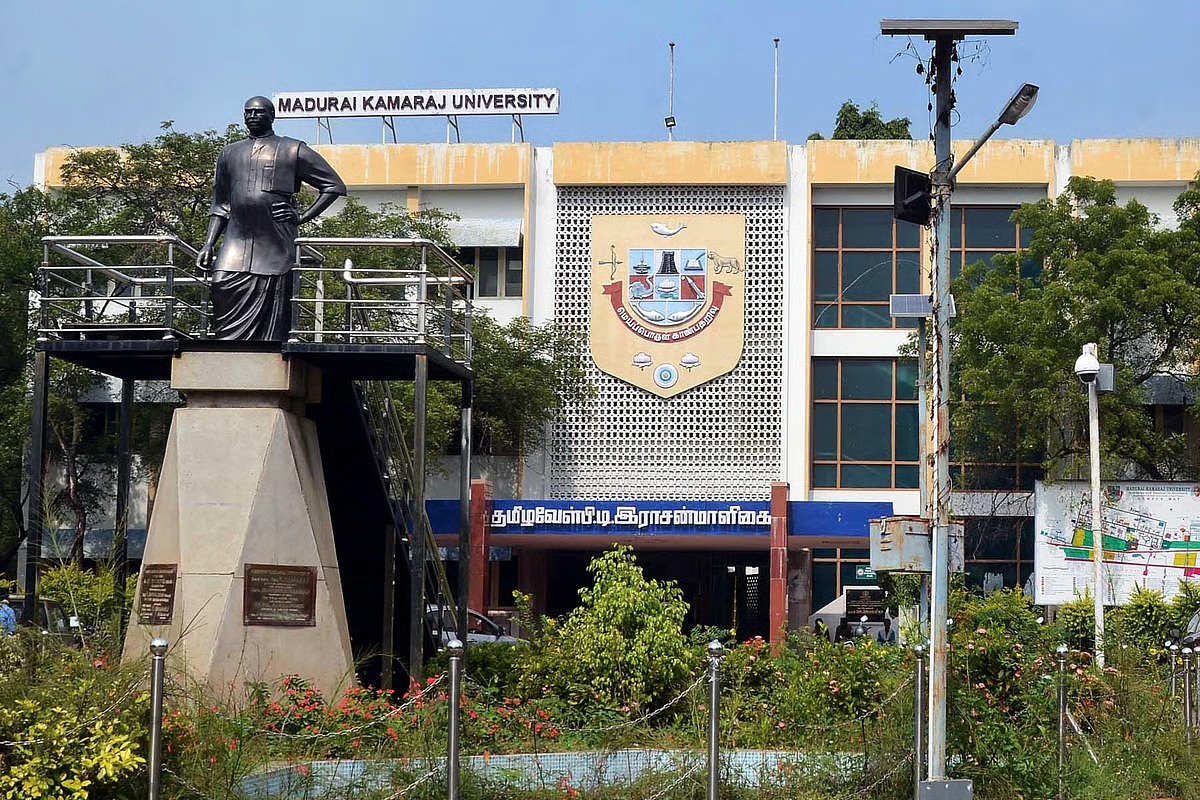Bennet, J.@mdashThis is a reference by the learned Sessions Judge of Allahabad recommending that an order of a Magistrate u/s 146, Criminal P.C. should be set aside. The order directs that certain landed property should be kept in attachment pending the decision of the civil Court and the order directs the parties to file a partition suit in the civil Court within three months. This order was first attacked on the ground that there was no finding by the Magistrate that there was a likelihood of a breach of the peace. u/s 145(1) the Magistrate to whom a report is made by the police comes to a finding that he is satisfied of the likelihood of a breach of the peace and issues notices to the parties. There is such an order of the Magistrate in the notices which he issued of the parties in this case that there was a likelihood of a breach of the peace. It is not necessary for the Magistrate to again come to a finding on this point in his subsequent order.
2. The next ground on which the order of the Magistrate has been attacked is that the conditions are not satisfied under which he can pass an order u/s 146, Criminal P.C. The facts which existed in the present case are that on 15th January 1924 the District Judge gave a decree in a civil appeal which was subsequently upheld by this Court. Under that decree the party of Chiranji Lal, the applicant in revision, was held to be entitled to possession of a certain area of about 5 biswas. It 13 admitted that the possession was joint with the opposite party. Certain observations were made by the Judge in regard to a portion of 2 biswas 9 dhurs but I do not think that it is necessary to come to an exact interpretation of what that judgment meant in the present proceeding. It is sufficient that the Judge decided that there was certain property which was joint. The present dispute has admittedly''arisen in regard to the same property. The question is whether when two joint owners are fighting and there is a likelihood of a breach of the peace between (them a Magistrate is entitled to pass an order u/s 146, Criminal P.C., or I not. The property in the present case is barren land in an urban area and possession can only be exercised by actual physical possession. The wording of Section 146(1) is:
If the Magistrate decides that none of the parties was then in such possession or is unable to satisfy himself as to which of them was then in such possession of the subject of dispute he may attach it until a competent Court has determined the rights of the parties thereto and the person entitled to possession thereof.
3. Do the words "unable to satisfy himself as to which of them was in possession" cover the case of two joint owners both in joint possession or do they not? I consider that these words do cover that case and that if there are two joint owners in possession jointly, it is a case where the Magistrate cannot decide which of them was in exclusive possession. Learned Counsel then argued that such a case of joint possession would not come under Ch. 12 at all or that the Court should take security under 8. 107, Criminal P.C. But the wording of Section 145(1) is:
that a dispute likely to cause a breach of the peace exists concerning any land.
4. The section does not defend the land as being land in the possession of one party or another but merely that it is land and that there is a dispute and that dispute is likely to cause a breach of the peace. All these elements exist in the present case where there is land and there is a dispute and the dispute is likely to cause a breach of the peace. The fact that the land is admittedly in joint possession of the parties merely in my opinion makes it unnecessary to pro-dace evidence as to it being in the exclusive possession of one party, that is, if it is admittedly in possession of both parties. In any case the finding is apparently that it is in possession of both parties and it is on that account that the Magistrate has ordered a partition to be obtained from the civil Court.
5. The next ground which was argued was that there was nothing to refer to the civil Court as has been held in a case reported in

